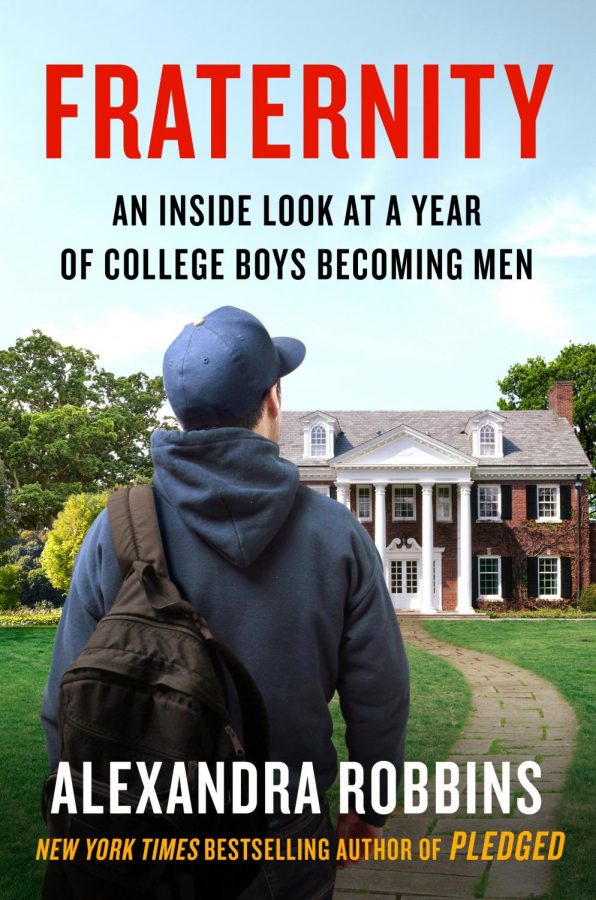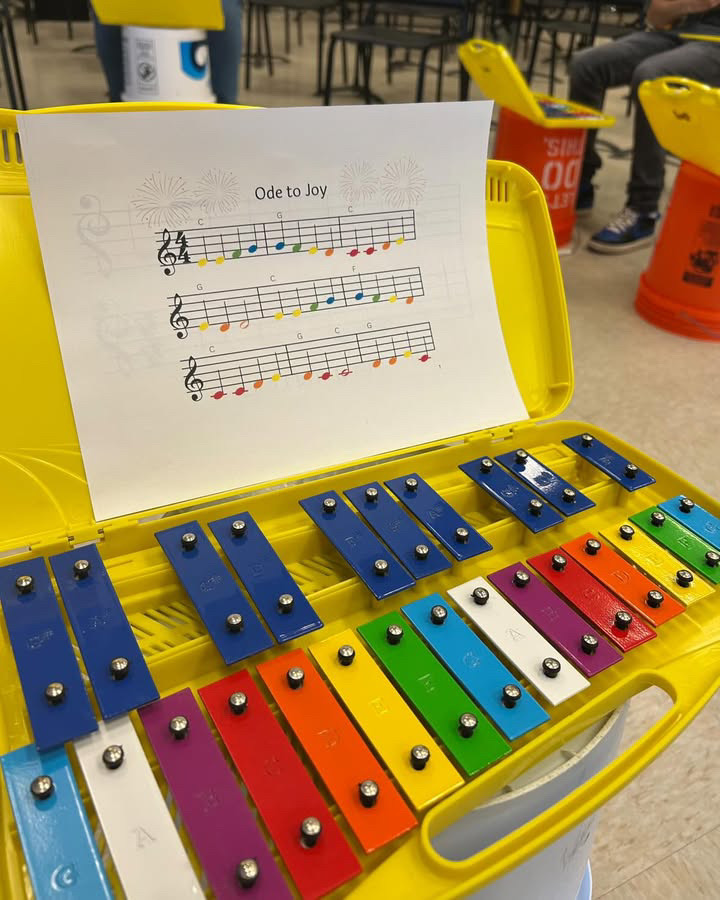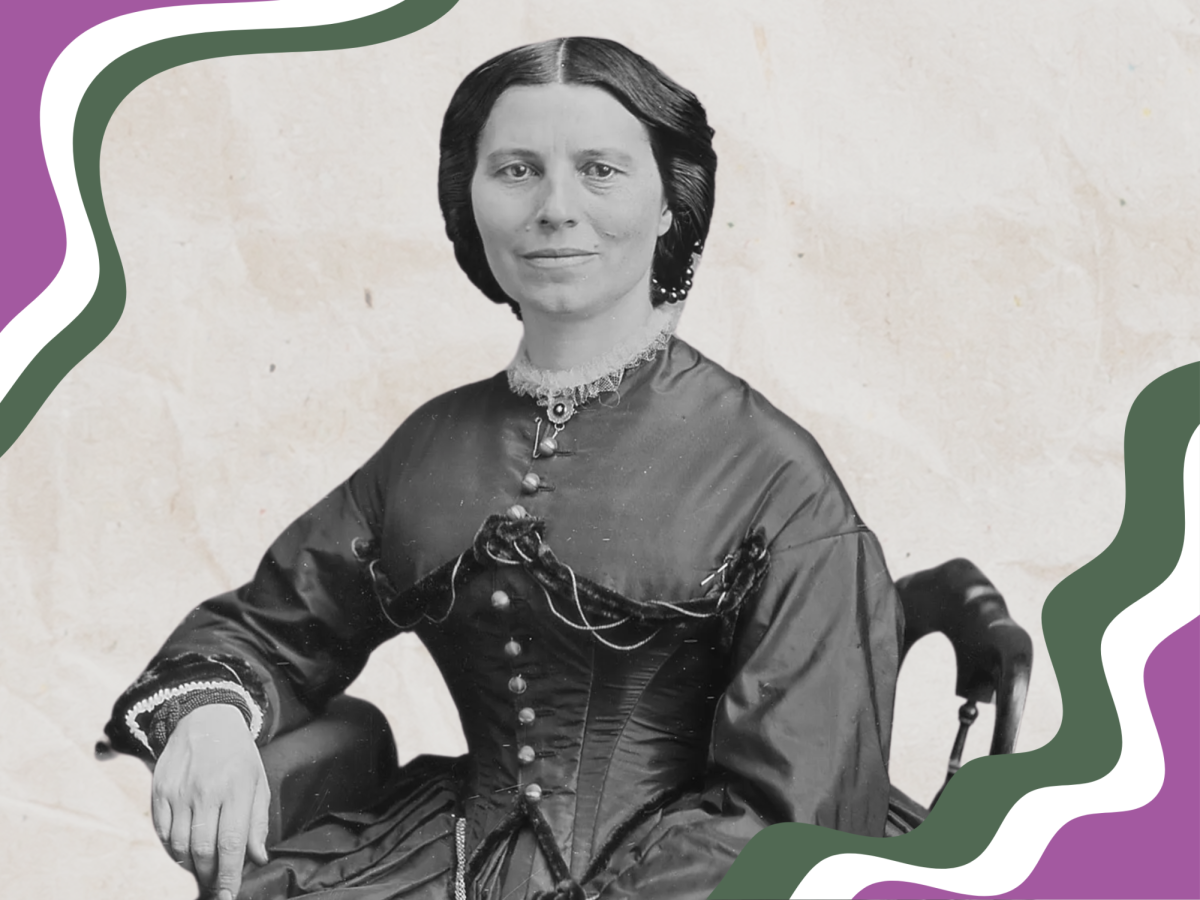Q&A with best-selling author Alexandra Robbins
Photo Courtesy Alexandra Robbins.
“Fraternity” aims to destigmatize male greek life. Robbins will speak at 7pm in the Whitman auditorium tonight.
January 31, 2019
Alexandra Robbins is a celebrated investigative journalist, author and Whitman alum. She has written many best-selling books, most notably “The Overachievers,” an inside look at several Whitman students’ lives. She is hosting a panel about her book, “Boys Will Be b̶o̶y̶s̶ Good Humans: What Students (of both genders) and Their Parents Should Know About Young Men, Drinking, Sex, and The College Social Scene” and her new book, “Fraternity,” this Thursday at Whitman in the auditorium from 7:00-8:00 pm. We sat down with Robbins to talk about her new book.
The Black & White: How did you get “fly-on-the-wall” access to the men in the book?
Alexandra Robbins: The character people are going to be talking about the most in this book—his name is Jake— got in touch with me because his class read “The Overachievers” in high school. A lot of schools across the country teach the book and I try to write back to every student who emails me. There was just something about his voice which made me want to keep in touch with him and see how he was doing.
He essentially wrote me a thank you note for writing the book because it made him have a healthier attitude towards school. We kept in touch and it turned out he was going to rush a fraternity. Because he knew what it meant to be a character in my books—he had really liked getting to know the Whitman students in the overachievers—I offered him a chance to be followed for a fraternity book. I’m so lucky that he was into it because he tells readers everything so candidly, down to the most embarrassing details. He wanted people to understand what it means to be a college freshman and how awkward and wonderful and nerve-wracking and rewarding that transition from high school to college can be.
B&W: What was the process like?
AR: I met with them pretty often, I can’t say, for privacy purposes, how I got all the information, but there were some covert maneuvers, especially with Jake. During rush week, he called me every night as soon as he left the rush parties. I was the first person he called other than his dad when he got bad or good news.
B&W: What inspired you to write this book and what was your initial goal?
AR: When I first started following Jake, he said there was no book about this transition, and that there no way to look this stuff up, so I wanted to write not just a book about fraternities from the students perspective—which is very different from the media’s perspective—but also a real-life story about students trying to adjust to college life. I wanted the book to be an easy fun read for parents and college students to use as a tool to discuss important issues—because it’s less awkward to talk about characters in a book than it is to talk about yourself.
B&W: I’ve read some of your other books and found it really interesting to see how intimate you can get with your real-life characters. How did you initially decide to write the books the way you do?
AR: The books I like to read are basically books you can curl up on the couch with and get lost in. Even though I was writing non-fiction, I wanted to write books that would be “beach read novels”. I figured the way to do that is to tell stories, and as a journalist, where you tell a person’s story, you immerse yourself in their lives so you can represent their voice as accurately and as thoroughly as possible.
B&W: Since you’ve written about sororities in your book, “Pledged,” what differences do you find between fraternities and sororities?
AR: Fraternities can provide something important for their members that schools aren’t necessarily providing. What I mean by that is guys don’t really have a space in which they can comfortably talk to other guys, and healthy fraternities, can give them that comfortable space. Sororities can expand your network and healthy sororities can be wonderful to encourage women and provide a circle of friendship and support, but schools can also do that for women, while they can’t as much with men.
B&W: What do you think peoples’ takeaways will be when they read the book?
AR: I think my book about fraternities will be more surprising to people than the book about sororities. It will be surprising in a good way, because the media caricatures fraternities more than it caricatures sororities. The media demonizes fraternities, but not sororities, so this will be a more surprising perspective and a more surprising story for people to read.











